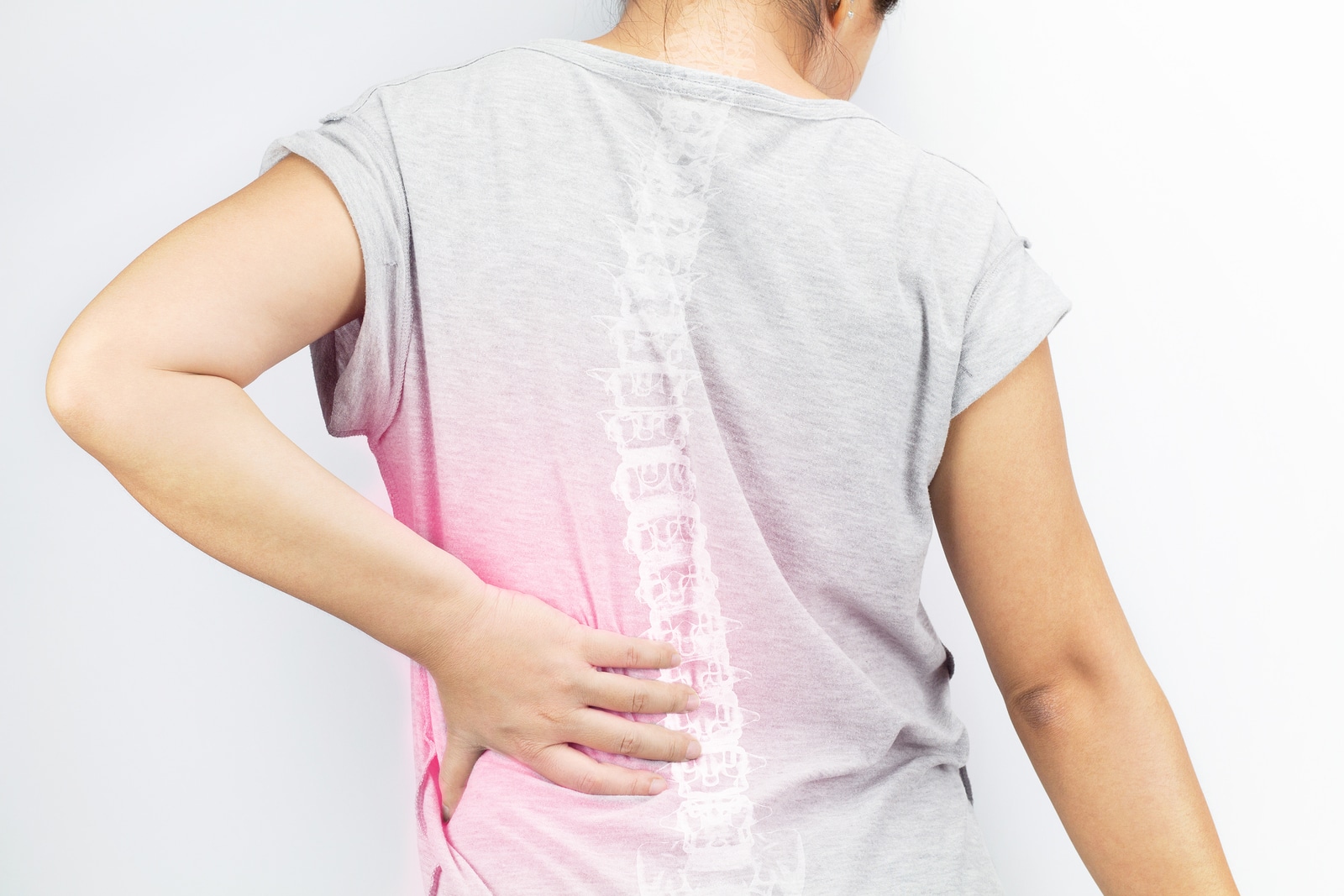Sharpen Your Brain and Live a Longer Life with Exercise. Exercise has long been my prescription for reversing many metabolic disorders. It has been known to help people lose weight, raise good cholesterol and lower blood sugar, blood pressure and the risk for diabetes. Did you know it could help you live longer and sharpen your brain and memory?
HOW DOES EXERCISE SHARPEN YOUR BRAIN?
Exercise Increases Blood Flow to the Brain and is Critical for the Brain to Produce Energy
Blood brings vital nutrients to the brain to produce energy and removes toxins. Without blood flow brain cells starved of nutrients don’t function well or die off. Exercise increases blood flow to the brain and this is vitally important for brain energy production.
The brain uses more energy than any other organ in your body. It uses up to 20% of all of the energy produced and 2/3 of that energy is used to help nerve cells send signals. The rest is used for maintenance. The brain produces more energy for cell signaling when you are active rather than sedentary. Exercise also helps you sleep and during sleep, maintenance activity occurs. Your brain cleans itself during sleep so you can wake up sharp and have clear thinking.
Exercise acts directly on the body and triggers physiological responses such as changes in insulin levels, inflammation, and the release of endorphins. It also promotes the production of growth factors like Brain Derived Neurotropic factors (BDNF) which is responsible for learning, memory and growth and repair of nerve cells. BDNF is also associated with cognitive improvement and the alleviation of depression and anxiety.
Endorphins make you feel good, elevates mood and decreases sensitivity to pain while BDNF affects the growth of new brain cells and therefore, actively impact the health of the brain overall.
Exercise Improves Memory and Thinking Skills
Exercise reduces inflammation and stimulates the release of growth factors and hormones and induces blood vessel formation in the brain that further enhances blood flow. It reduces anxiety and depression and improves mood and sleep.
All of this combined helps thinking, decision making and memory. Exercise decreases the risk of dementia and Alzheimer’s. In a study, in Neurology, exercisers scored better on the memory and thinking tests, and every increase in physical activity by one standard deviation was associated with a 31% lower risk of dementia. In another study of exercise and diet in the journal Neurology, diet alone was not sufficient. The researchers reported. That those who exercised showed improvements in thinking and memory, and those who combined exercise and the DASH diet improved even more.
HOW DOES EXERCISE MAKE YOU LIVE LONGER?
Exercise Can Prevent or Delay Disease
Lifestyle choices can drastically alter your risk of developing illness, disease or conditions that age you. As discussed above, it can decrease the risk of metabolic disorders such as obesity, high blood pressure, high blood sugar, and high cholesterol. These are all risk factors for heart disease and stroke.
According to the National Cancer Institute, there is also strong evidence that exercise may lower the risk of bladder, breast, colon, endometrial, esophageal, kidney and stomach cancer.
Exercise Boosts Energy and Confidence and Generally Improves Health
Exercise builds muscle and bone. It increases endurance, and helps people lose or maintain weight, mobility, vitality and physical and mental function. This boosts confidence and overall health and a sense of wellbeing.
Consistency is key to attaining these benefits. When you feel good and get positive reinforcement from regular exercise, you are more likely to adopt and stick to other health enhancing habits.
Exercise Reduces the Risk of Falls and Fractures and Maintains Independence and Mobility.
As we age or become more sedentary, our muscles weaken. We are not symmetrical and favor different muscles based on habits and use whereas others are not used and weaken. This can affect balance and result in falls, broken bones and disability which if you heal well is temporary.
However older patients who have had a hip fracture do not regain the level of independence they had before the injury. And, approximately half of those who have had a hip fracture require some kind of assisting device, such as a walker, to ease movement after recovery. And, only about one in three people who have a hip fracture in later life regain enough function to return to the level of independence and mobility they had prior to injury.
Sharpen Your Brain and Live a Longer Life with Exercise Conclusion:
It takes at least 120 minutes of moderate aerobic exercise a week to attain these benefits. Get away from your computers and Zoom calls and move for better brain and overall health and longevity. Eat right, sleep deeply and exercise and if you need support consult a functional medicine doctor who can look at the whole picture and customize a program to your individual needs.






She is a recognized and award-winning holistic, functional, integrative and anti-aging healthcare practitioner, speaker and author, and has been featured in ABC News, Forbes, WOR Radio and many media outlets to spread the word that you can live younger and healthier at any age.